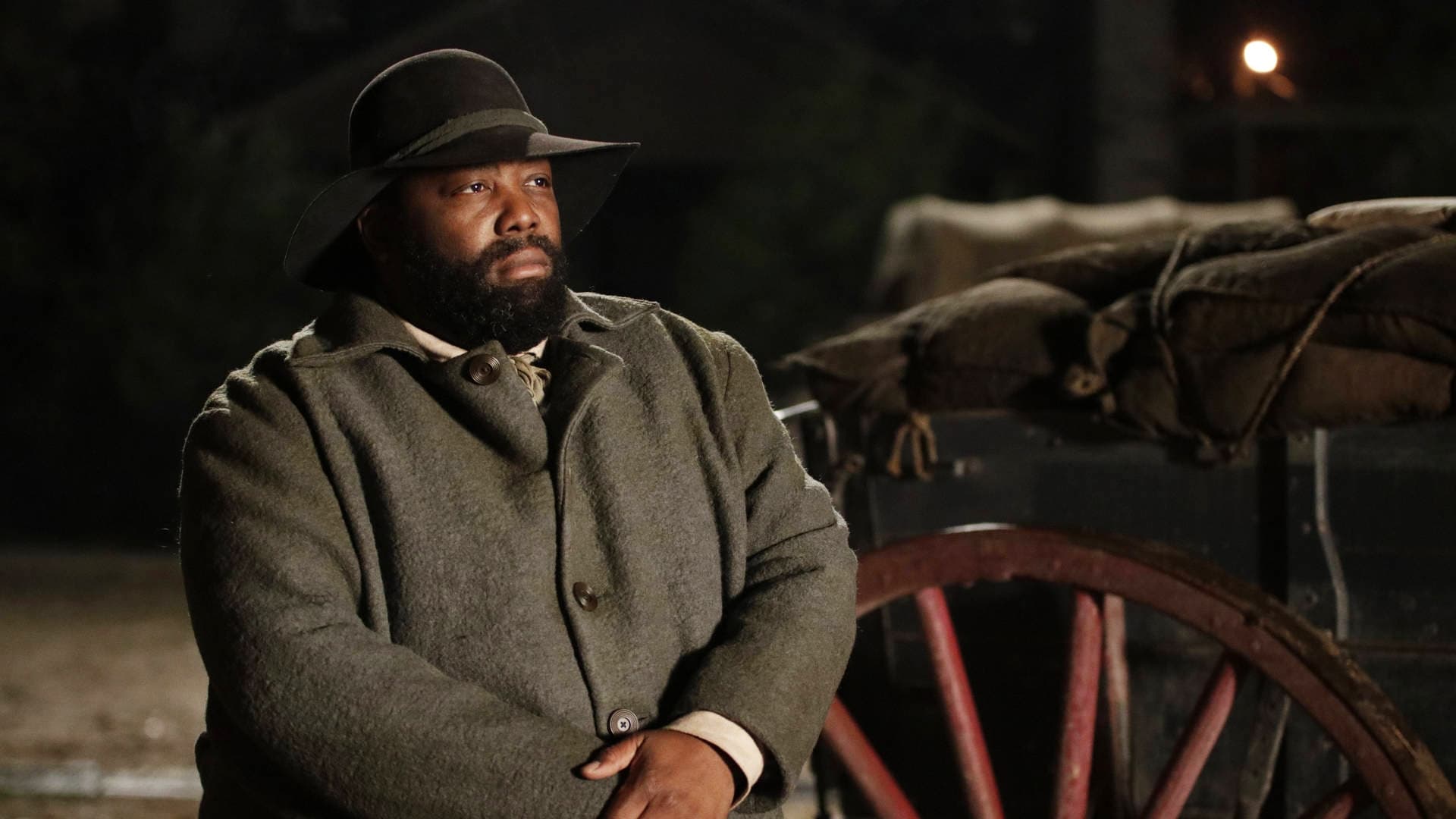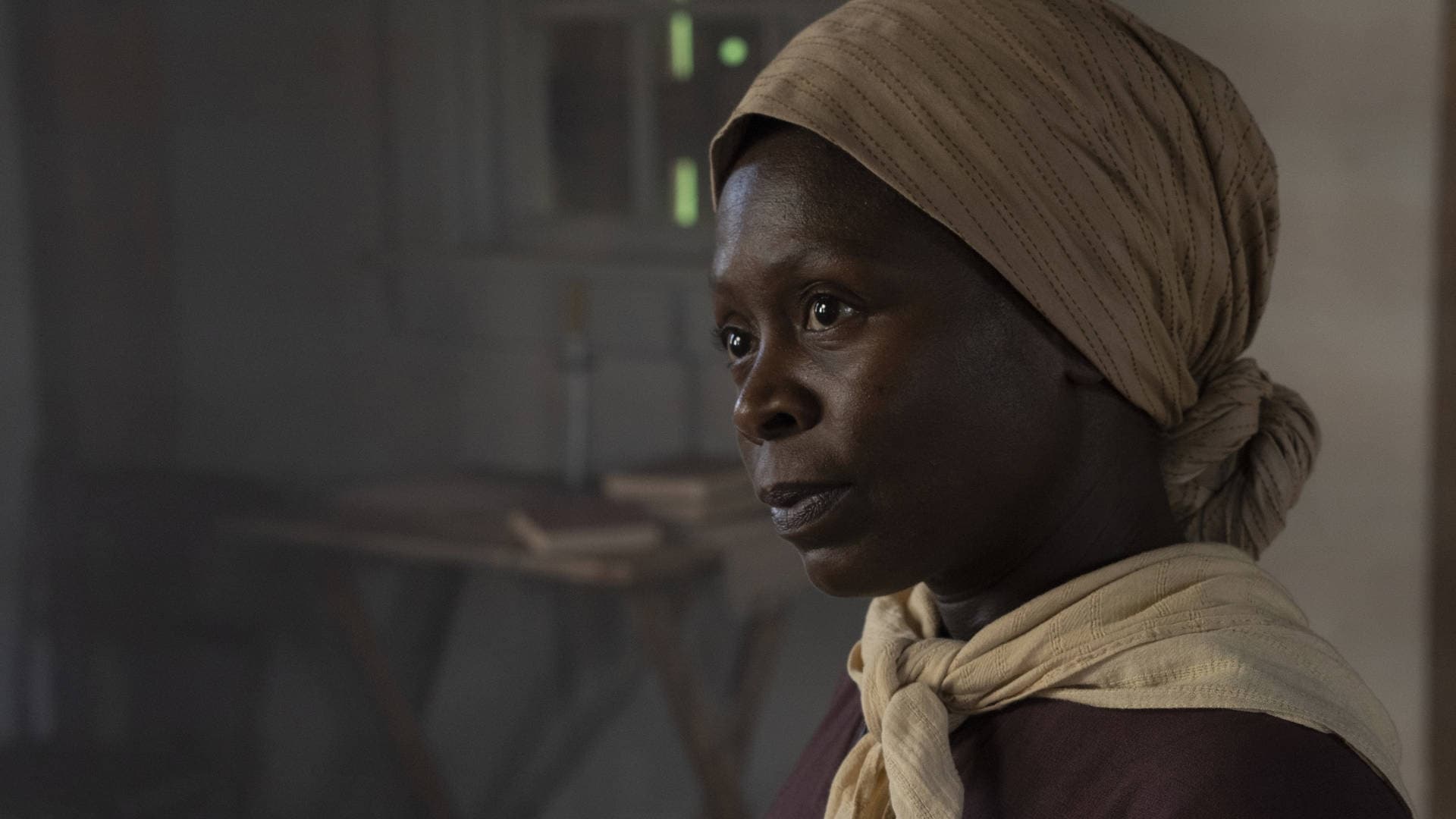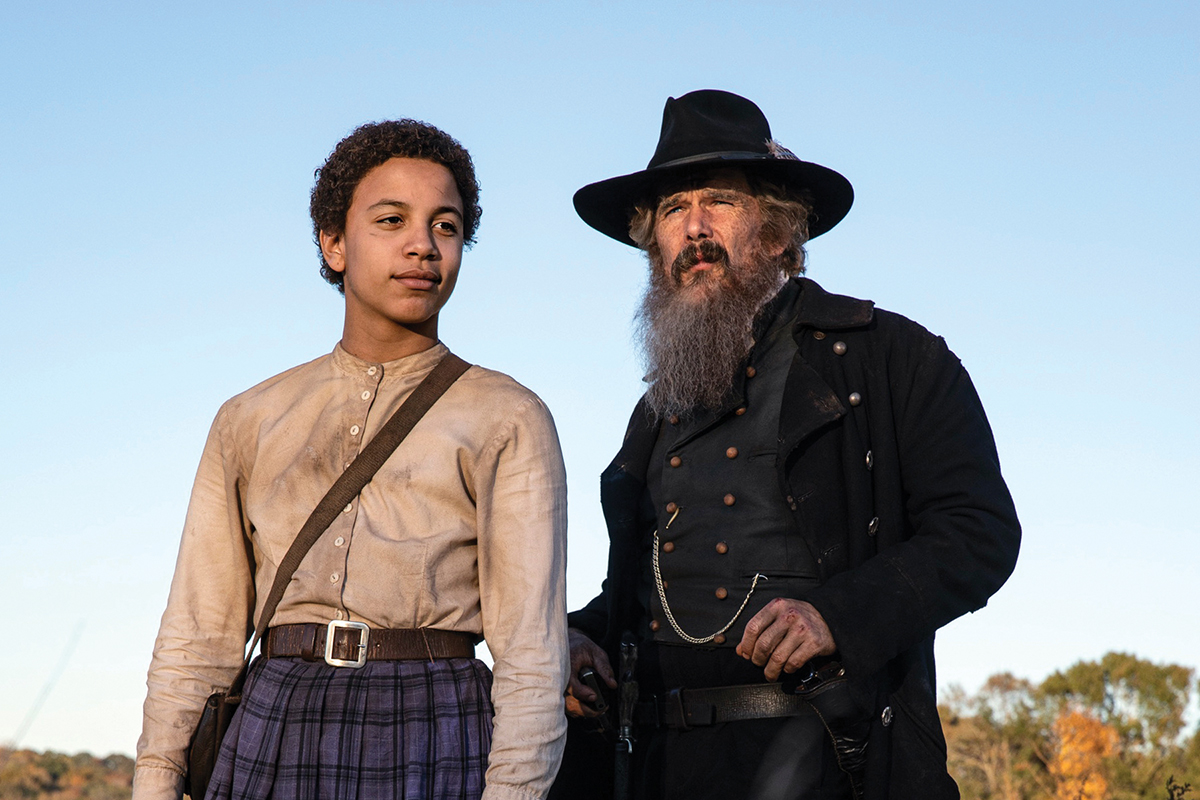
As a slave, he was well fed and connected with his kin, and traveling with Brown and his army (“nothing but a ragtag assortment of fifteen of the scrawniest, bummiest, saddest-looking individuals you ever saw”), particularly disguised as a girl, isn’t easy. Initially, freedom doesn’t sit so well with Onion. The book is narrated by Little Onion, a young slave boy whom Brown takes for a girl and kidnaps (or “liberates,” as he would say) from a Kansas Territory home.

This isn’t Brown’s debut as a literary subject - he makes appearances in Herman Melville’s “The Portent,” Russell Banks’s Cloudsplitter, and Marilynne Robinson’s Gilead, to name just a few - but McBride’s take is an outrageous caricature of a man, “smelling of buffalo dung, with a nervous twitch in his jaw and a chin full of ragged whiskers.” A religious zealot, Brown constantly thwarts his own progress by interrupting raids to drop to his knees and pray, misquoting the Bible so spectacularly that his verses “all bumped and crashed and commingled against one another till you didn’t know who was who and why he was praying for it.” The moment matches his book perfectly - unpretentious, very funny, and totally endearing.Īt the center of McBride’s irreverent tale is Old John Brown of Harpers Ferry fame, one of the earliest and boldest white abolitionists, who strove to eliminate slavery one gunfight at a time.

Later, he told the New York Times that he’d been so surprised to win, beating out front-runners like Jhumpa Lahiri and George Saunders, that instead of listening to the announcement, he’d taken a big bite of dessert.

When it was announced at the National Book Awards dinner on November 19 that James McBride ’80JRN had won the fiction award for his novel The Good Lord Bird, the author bounded to the stage clutching not an acceptance speech, but a napkin. Image courtesy of the Kansas State Capitol

The anti-slavery leader John Brown stands defi ant in John Steuart Curry’s mural Tragic Prelude, which hangs in the Kansas State Capitol.


 0 kommentar(er)
0 kommentar(er)
